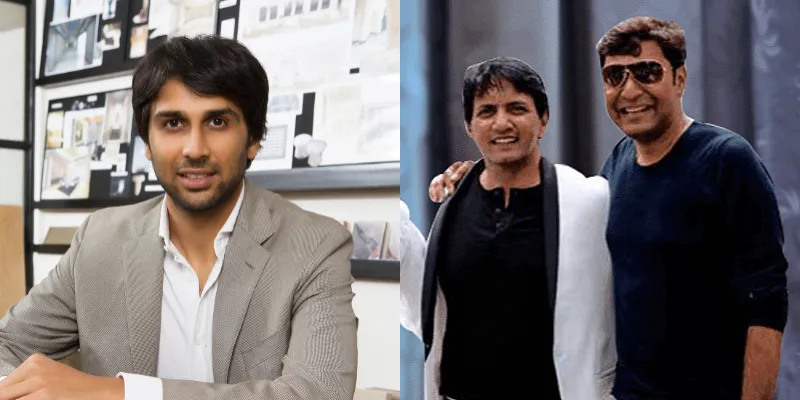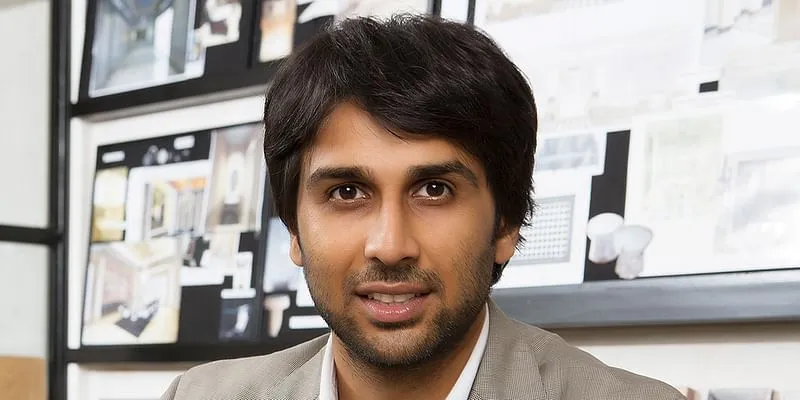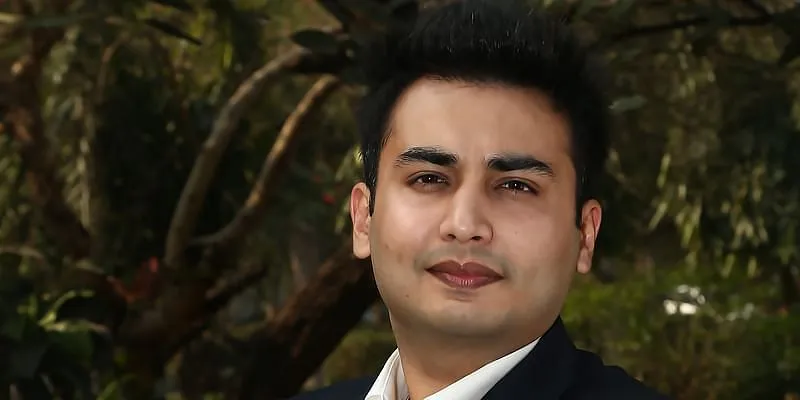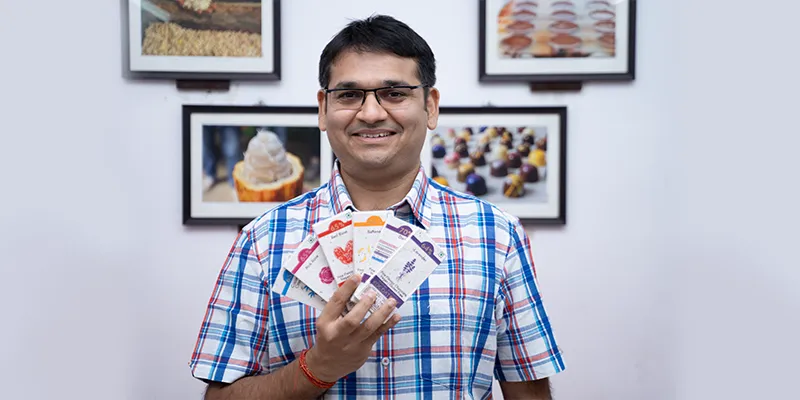From diverting from family business to scripting success in new domains, the top SMB stories of the week
SMBStory brings to you the inspiring journey of two entrepreneurs who were born in business families yet decided to explore their own paths, along with other top stories of the week.
The perception that people born in business families have it easy is not always true. Sometimes, people from such families have to dig deeper in order to find their true calling.

We, at SMBStory, present to you the inspiring stories of two entrepreneurs whose passion didn’t resonate with their family businesses yet, they went on to build successful businesses, and other top SMB stories of the week.
Jahan Tahiliani

Jahan Tahiliani, CEO of Tahiliani Homes
Like his father Tarun Tahiliani, Jahan Tahiliani had an ambition to make it big in life. But unlike his celebrity designer father, retail didn’t resonate with Jahan.
When Jahan came back to India in 2012 from the UK, he was grappling with questions about his true calling in life. Jahan worked in the capital markets team of CBRE, a real estate consulting giant, and felt he belonged to this profession. He decided to take the plunge.
Though Tarun had designed some homes previously, his business did not have a formal real estate division. This is how Jahan launched the realty business called Ahilia Homes, whose name was later changed to Tahiliani Homes. Experience at CBRE gave him deeper insights into the industry.
The business that was started with a lot of ‘ifs’ and ‘buts’, has clocked Rs 100 crore since its inception by building around 14 holiday homes, villas, and farmhouses across Goa, Hyderabad, and Delhi.
Gaurav Sureka

Ascent Decor co-founders (from left to right) Mukarram Syed, Ramachandra Shastry, Farook Syed, Gaurav Sureka
Growing up in Kolkata, Gaurav Sureka was exposed to entrepreneurship from an early age. The young boy saw his Marwari family run a general supplies business that catered to the Indian Army. But Gaurav soon realised he was not interested in this domestic enterprise. He was more intrigued by the concept of exports in a business which involved a lot of travel, meeting people, and having new experiences.
“One day, I got an opportunity from my friend’s father to get involved in a textile company with an export model. I accepted and moved to Bengaluru in 1999 to join the company,” he says.
Gaurav worked there for 13 years and gained experience in the sector. Eventually, he felt he wanted to start his own business in the same domain. Giving in to his entrepreneurial desire, Gaurav and his business partner Ramachandra Shastry started Revolucion, a mid-market woven fabric and home textiles company, in Bengaluru in 2012. The duo put a self-funded amount of Rs 1 crore in total into the business.
Last year, they recorded Rs 75 crore in revenue. Now, they have come up with a two-phase plan to take Ascent even higher and aim for Rs 500 crore turnover and above.
Other Top SMB stories of the week:
Grand Slam Fitness

Prateek Sood, Director, Grand Slam Fitness
In the 1990s, when Raman Sood was running a brass furniture business and his wife Kusum was in a government job, the duo decided to start a business that had more potential in changing people’s lifestyle and also had good market growth.
They opened a retail store Grand Slam Fitness, and began selling sports equipment, fitness products, and toys. The business reaped good results for the husband-wife duo. Within a few years, they diversified and ventured into manufacturing fitness products in 1996.
In an interaction with SMBStory, second-generation entrepreneur Prateek Sood (32) says, “My parents ventured into manufacturing in 1996 and we used to import materials from the US. Later, we started retailing treadmills manufactured by ICON (US) and became one of the first organised fitness equipment retailers in north India.”
Today, in a span of nearly three decades, Grand Slam Fitness clocks a turnover of Rs 75 crore and has diversified its services into B2B and various government projects.
Kocoatrait

L Nitin Chordia, Founder and Chief Tasting Officer, Kocoatrait
Most Indians have a sweet tooth. Perhaps, that is why most conversations in India are not complete without “kuch meetha hojaye!” (Let’s eat something sweet!)
was founded in October 2019 by L Nitin Chordia, a Chennai-based chocolatier. Nitin, like many entrepreneurs, comes from a corporate background. He holds a master’s degree in retail business management from the UK and has worked with the Godrej Group as a consultant.
In 2014, Nitin decided to quit his job and explore the chocolate business. He went backpacking for 20 days to Belgium, known as the “chocolate mecca” of the world. However, Nitin realised that there was “nothing special” about Belgian chocolates and that India had enormous potential to achieve something in this domain.
When Nitin realised that he had acquired the know-how of the business, the next step was to set up operations. He began setting up small equipment in a room given to him by his father who ran an automobile business. His focus was to manufacture chocolates on a small scale. Some equipment was purchased while some were developed by Nitin himself. When the small manufacturing unit was in place, Nitin started making chocolates, a tedious process lasting almost 36 hours.
The made-in-India chocolates were finally launched in February 2019 in Amsterdam and the brand was launched in India in October the same year.
Kocoatrait has so far sold 7,000 chocolates in the last six months. The brand has 12 varieties of chocolates priced between Rs 190 and Rs 235. The total turnover of the company is Rs 60 lakh. The Cocoashala Academy makes Rs 25 lakh, another Rs 25 lakh comes from trading of equipment and cocoa beans, and Kocoatrait makes Rs 10 lakh.
Edited by Javed Gaihlot









